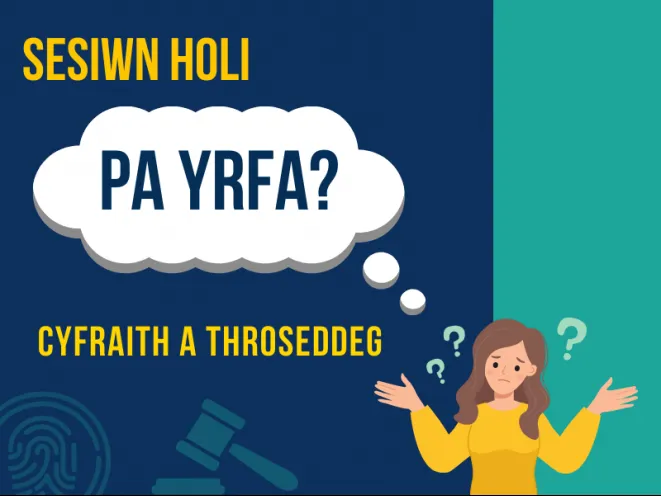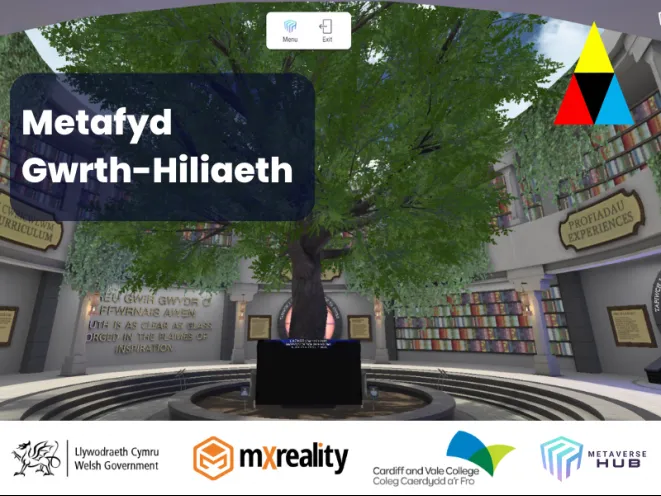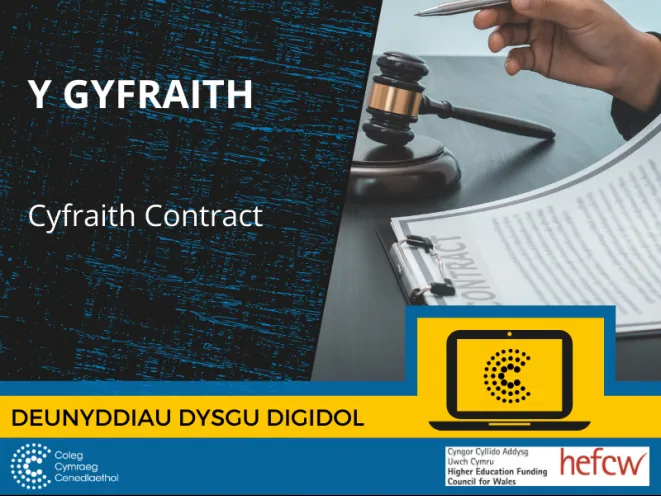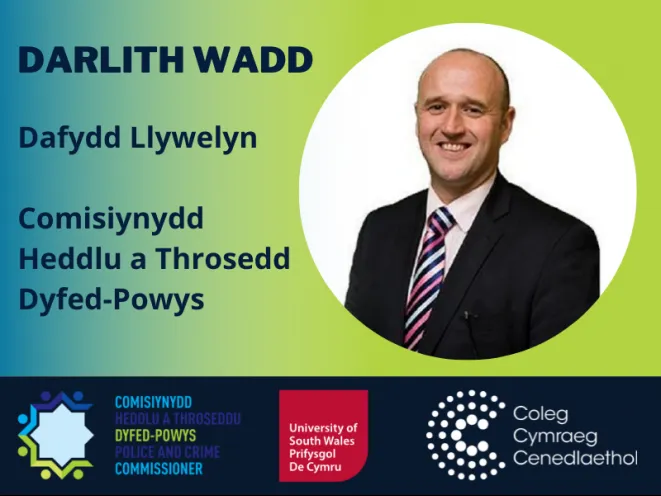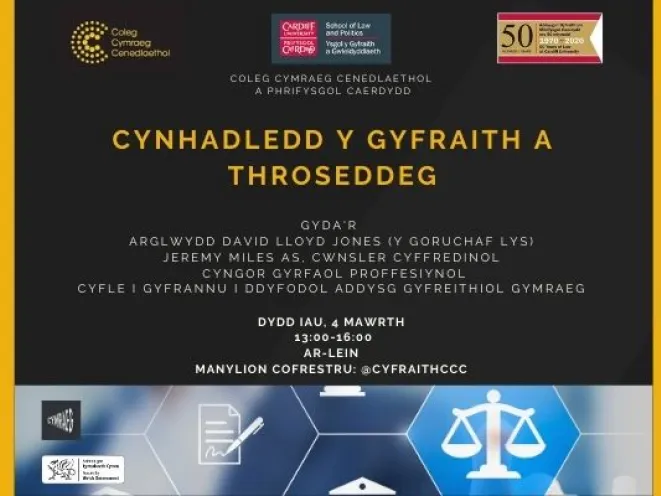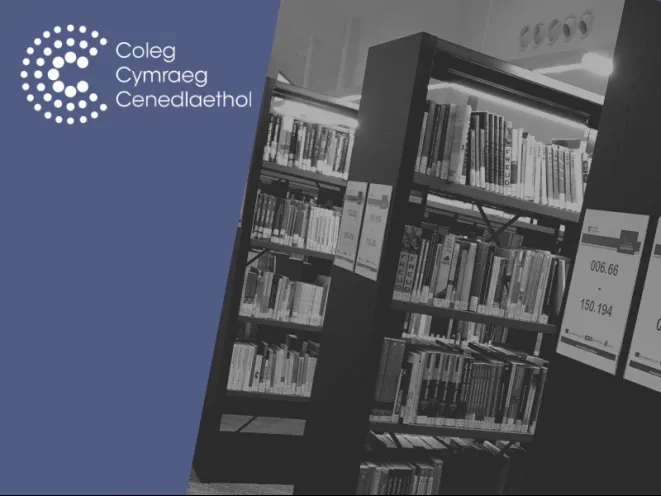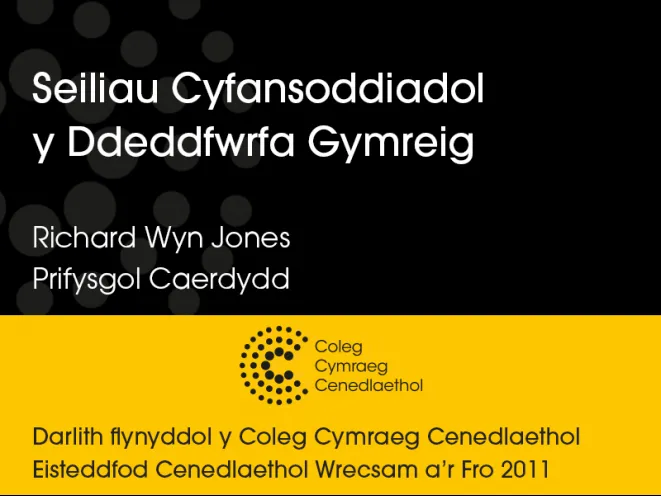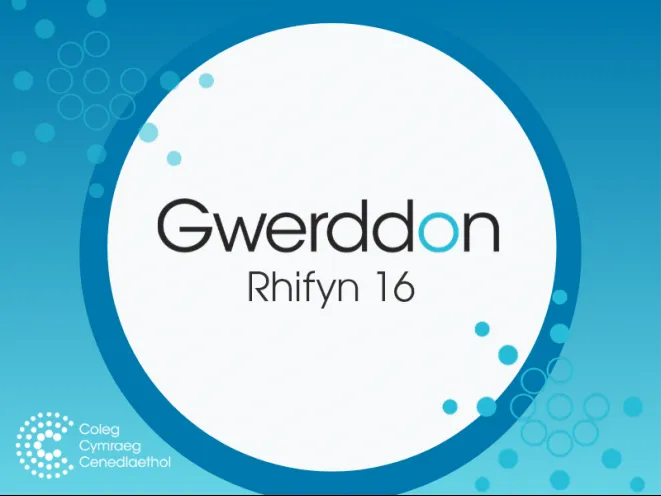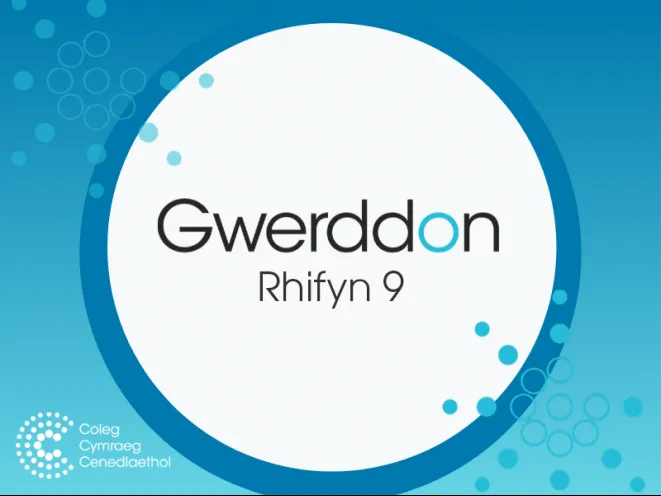These are recordings of two online sessions that were arranged for pupils who are considering studying LAW or CRIME at the University. The sessions provided a good opportunity for prospective students to get an idea of the type of career they can follow with a degree in those subjects. In the first session there are contributors who have graduated in Law or Criminology and are now working in those fields. The second session includes contributors who have graduated in Law or Criminology but went on to pursue a career beyond those subjects.
Which Career Q&A Session: Law or Criminology Degree
Welsh Government Anti-Racist Virtual World
In collaboration with mXreality, and working with teams specialising in the subject from Cardiff and Vale College, the Welsh Government has developed an immersive, accessible and expansive 3D metaworld environment, comprising of five areas relating to different themes. They look forward to sharing their experiences, stories and anecdotes with you, and you are invited to engage in an immersive learning experience, which will enhance your understanding of the world. As you explore this world, you are asked to engage with the resources and reflect on their significance. This is an opportunity for you to learn about the cultures and traditions that make up part of our shared identity. The Metaworld consists of the following sections: Experiences The Metaworld of Experiences is situated on a street of representative semi-detached houses in Wales, with access to six houses (three on each side of the street). In each of the houses, you can learn more about the background and interests of the individuals who live there by watching the video playing on the TV and by clicking on some of the interactive items (identified by a three spot icon) in the living room. Immersive Studies The Immersive Studies Metaworld consists of a main lower level area and three upper level areas. The main area has a variety of items of geometrical interest because of their shapes and patterns, which show the connection between mathematics, science and nature. You can learn more about these items by clicking on them. A QR Code is also visible on a panel near some items, which can be scanned with your mobile phone's camera to view a 3D or Augmented Reality (AR) version of the item on your device. The higher level includes: Mathematics room – allows visitors to explore the importance and history of mathematical and geometrical numbers and shapes Hair and Beauty Room – allows visitors to familiarise themselves with the history and origins of hair and beauty Inventions Room – educates visitors about some significant inventions and early contributions to contemporary life World Timeline The World Timeline Metaworld consists of a main central area and four geographic regions, all of which you can access via a tunnel from the central area. Each tunnel displays information that presents the background, identity and image of a representative individual from that region. Each of the four regions (detailed below), comprises four time periods, allowing visitors to experience architecture, images, and representational information in relation to ancient times, medieval times, early modern times, and the world today. The four regions available in this Metaworld are: Africa, Indian Subcontinent, Middle East and Northern Europe. As you move around the world timeline, in the central area and in each of the regions, interactive items you can click on link to videos that present useful additional information. QR Codes are also available in some of the regions, which can be scanned with your mobile phone's camera to view a 3D or Augmented Reality (AR) version of the item on your device. Curriculum This section allows you to engage with a wide range of carefully crafted topics in order to surmise that their plan will be anti-racist. The section consists of the following topics: Sociology Hair & Beauty Health and Social Care Black Feminism Politics Mathematics Film Studies African philosophy English for speakers of other languages Basic Education for Adults Additional Learning Needs Tutorial
Law: Contract Law
These resouces present the core concepts of contract law, and discuss the issues that may arise when deciding whether the parties have formed a contract. The resources aim at providing students with a good foundation for studying contract law. Each unit contains the following: abstract lecture in the form of video presentations multiple choice quiz seminar questions bibliography Contributors to this theme: Dr Hayley Roberts Dr Angharad James The individual units listed below are available here as one resource. These resources have been created with support from the HEFCW Investment and Recovery Fund.
Academic Writing
This pack will introduce undergraduate Law students to transferable skills and prepare them for written assignments, reinforcing their confidence as they master academic writing. Developed initially in 2018, edited February, 2022.
Sylfeini'r Gyfraith - Keith Bush ('Foundations of Public Law')
A comprehensive e-book explaining Public Law and Constitutional Law in Wales and the UK. This revised version of the original volume published in 2016, reflects the important changes brought about by the Wales Act 2017, as well as the impact of 'Brexit' on legislation and on devolution. A necessary resource for law students in Wales and an essential volume for anyone with an interest in the field. Published by the Coleg Cymraeg Cenedlaethol, 2021.
Guest Lecture: Dafydd Llywelyn, Dyfed-Powys Police and Crime Commissioner
In this guest lecture, Dafydd Llywelyn discusses the Police and crime plan for Dyfed-Powys, BAME recruitment and the influence of black lives matter. It is suitable for school learners and students who are studying Policing / Criminology / Public Services as subject areas.
Cynhadledd y Gyfraith (Law Conference) 2021
An online conference for undergraduate and postgraduate students, or anyone with an interest in the field, held on 4 March 2021. The Conference discussed various aspects of Law in Wales today. Lord Lloyd-Jones, of the United Kingdom’s Supreme Court opened the event and a presentation with a question and answer session will be given by Jeremy Miles MP, Counsel General for Wales. In addition to this, there was a vocational panel by two professional lawyers and also a discussion where the views of students on teaching Law and Criminology through the medium of Welsh at our universities were sought. Click below to view recordings from the conference:
Adolygiad Barnwrol
Cyfres o chwe darlith gan Manon George, Prifysgol Caerdydd, ar Adolygiad Barnwrol.
Darlith Flynyddol 2011: Seiliau Cyfansoddiadol y Ddeddfwrfa Gymreig
Darlith Flynyddol y Coleg Cymraeg Cenedlaethol 2011: Seiliau Cyfansoddiadol y Ddeddfwrfa Gymraeg, gan yr Athro Richard Wyn Jones. Traddodwyd y ddarlith yn Eisteddfod Genedlaethol Wrecsam a'r Fro.
Lessons from Northern Ireland: A Welsh jurisdiction and the future of legal education in Wales
Devolution has led to significant divergences between the law of Wales and the law of England. Furthermore, the question of whether a separate Welsh jurisdiction is needed is increasingly being given serious consideration. With this in mind, this article examines the issue of legal education in Wales, and considers what developments are needed in order to meet the challenges and opportunities resulting from devolution, as well as any additional developments that would be needed if a Welsh jurisdiction were to be established in the future. In so doing, the article sets out some key findings from an empirical research project carried out in Northern Ireland, which as a small jurisdiction with a devolved government within the United Kingdom, provides an instructive point of reference.
Bilingual Juries: A Celtic Dilemma?
Although the criminal justice system is not a devolved matter, elements of criminal law administration, which is the process of implementing the law, have developed distinctive Welsh structures and aspects. This can be seen in the context of Assembly Government crime prevention policies, and in particular the issue of youth crime, for example. In a sense, the identity of Wales within the constitution has led to the creation of certain distinctively Welsh processes and policies in terms of criminal justice administration. This paper gives consideration to a specific issue relating to criminal justice and its relationship to identity, within two jurisdictions. The question under discussion is, should there be a right to bilingual juries in certain criminal cases in Wales and Ireland. I shall analyse the relationship between jury service as an obligation and privilege of citizenship, and the competence of Irish and Welsh speakers as a linguistic group for jury service. The analysis will consider also the relationship between the concept of jury service as a privilege of citizenship and the rights and interests of individual speakers within the criminal justice system. It can be seen that this is a matter that demands a multifaceted evaluation from a variety of perspectives. This paper deals also with the objection to bilingual juries, and considers how granting bilingual juries can be consistent with the principle of random jury selection (the basis of the main objection to bilingual juries in Wales and Ireland), thus securing a representative, competent, fair and impartial tribunal.

